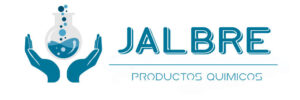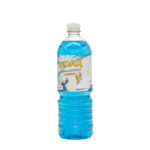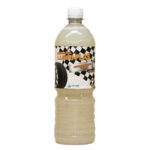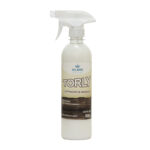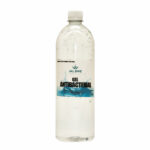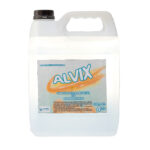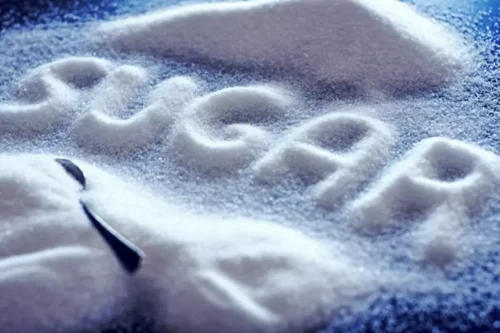
People who only drink occasionally probably won’t notice any physical or psychological symptoms. People who have a severe reaction to quitting alcohol should seek emergency treatment. Behavioral treatment programs are helpful for people who want to quit drinking. These programs involve working with a team of mental health professionals in a group and individual setting. For most people, alcohol withdrawal symptoms will begin sometime in the first eight hours after their final drink.
Your Sex Life Might Improve

Consider using a mobile app or a simple journal to log your drinking habits and note the days you successfully stick to your plan. This can help you visualize your progress and identify any patterns or triggers. Remember, setbacks are a normal part of the process and don’t mean failure. If you slip up, treat it as a learning experience and get back on track. You might also find it helpful to reward yourself for reaching milestones – perhaps with a favorite non-alcoholic treat or an activity you enjoy. If you know you can’t quit drinking completely, then don’t make that you’re goal.
Who Experiences Alcohol Withdrawal Symptoms?
Enter into the situation with a positive attitude, and make the best of your time, even if you’re the only one not drinking. You might actually find that being sober is more enjoyable than you predicted. A change in your friendship dynamics doesn’t have to be a bad thing, however. There’s always a chance that you’ll enjoy conversations with your friends more when you’re sober. And you may even find that they appreciate you more or respect your decisions.
How to Maintain a Social Life When You’re Quitting Drinking

“Nutrition therapy is very important in terms of feeding the liver and giving it the building blocks it needs to restore itself,” says Dr. Lindenmeyer. Another thing that will help your liver’s journey in recovery is good nutrition. There’s no miracle diet by any means, but the Mediterranean diet, for example, can help fill some of the nutritional gaps you may have due to alcohol use.
- Some people experience a severe form of alcohol withdrawal known as DTs.
- For most people they pass quite quickly, and are just a temporary blip before they start to feel the benefits of cutting out alcohol.
- «Having one glass of wine started to not provide the same effect that I was looking for,» says listener Ash Weber.
- Whatever your reason, the good news is that anyone can stop drinking.
- Tell your family and friends that you’re aiming to stop drinking alcohol and explain why.
- If you have a standard drink for any circumstance, you’ll be less tempted to order that glass of wine.
- You might even isolate yourself or hold back from having a good time—which will then reinforce your belief (and others) that being sober makes fun impossible.
- While for some people, yes, it is possible to quit drinking alone, but it’s very difficult to do.
- In this article, we’ll talk about the health risks that come with drinking and the benefits of quitting alcohol.
- Coffee shops, movie theaters, museums, libraries, and fast-food restaurants are just a few places that aren’t likely to serve alcoholic beverages.
- «The alcohol was certainly a numbing agent,» listener Mark Vowers told us.
Everyone has their own choice to make, and no explanation is needed. Not all treatments or services described are covered benefits for Kaiser Permanente members or offered as services by Kaiser Permanente. For a list of covered benefits, please refer to your Evidence of Coverage or Summary Plan Description.
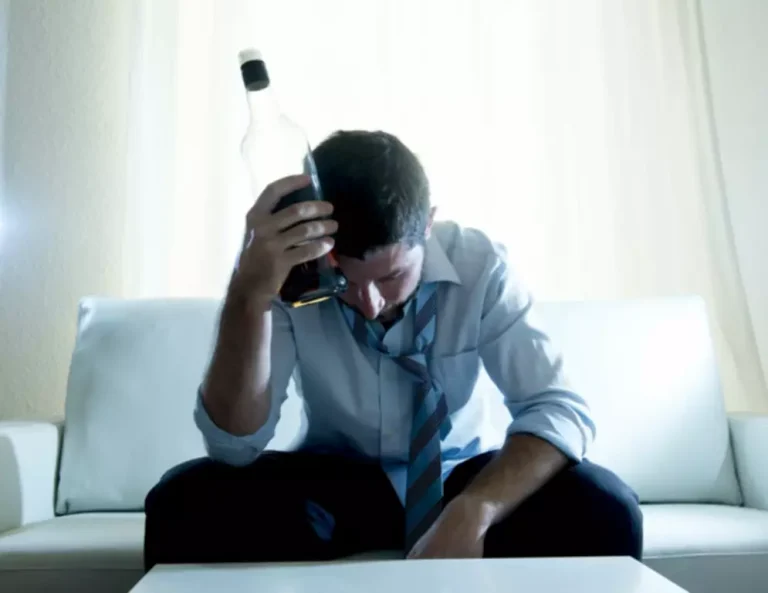
This is what causes you to feel light-headed or tipsy after multiple alcoholic drinks. When it comes to alcohol dependence, establishing good habits is the key to make any big change in your life. Try choosing a non-alcoholic drink that becomes your regular order. You might try sparkling water with lime, or spices in a hot drink such as tea https://ecosoberhouse.com/ or hot chocolate.

You might reach for alcohol when you’re really just thirsty, says Crews. Drink a cup of soothing tea or a tall glass of water before you imbibe—once your thirst is quenched, you may not feel the need for as much—or any—alcohol. A standard glass of wine is 5 ounces, which contains about 12% alcohol. A shot of distilled spirits like vodka is 1.5 ounces and equally 40% alcohol. One 12-ounce can of beer contains about 5% alcohol, and a standard glass of sherry is 3 to 4 ounces and contains about 17% alcohol, according to the NIAAA. If you identify with any of the scenarios above, try the how to survive summer parties and boozy bbqs expert tips below for reducing your alcohol consumption (or even eliminating it altogether).
Recovery Services
You might think that a regular glass of red wine or other alcoholic beverages might be good for your heart. But that may not be true, or true only for light sippers (less than one drink a day). If you use more than that, cutting back or quitting may lower your blood pressure, levels of fat called triglycerides, and chances of heart failure. Minor withdrawal symptoms usually begin about six hours after your last drink. A person who has a long history of heavy drinking could have a seizure six hours after stopping drinking. Start by talking to your doctor about how much alcohol you’ve been using and your plan to quit.
